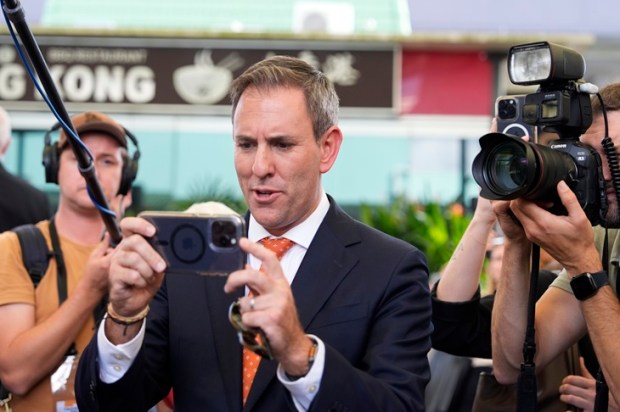I recently wrote about our chaotic Federation. One of the three examples I cited was the confused management of ‘Indigenous affairs’ across the country and the endless blame game attached to it. Across Australia we have nine government ministers, nine bureaucracies, oodles of advisory bodies, and similar numbers of land councils, and a plethora of public funded people working on a variety of projects ‘to close the gap’ that is widening each week. There are many frightening statistics that support my contention that the current management system of Indigenous affairs is broken irreparably. It won’t be remedied by a Voice as it will have no teeth.
Canberra hosts and funds the National Indigenous Australians Agency (NIAA) which reports to Federal Indigenous Affairs Minister Linda Burney and is committed to improving the lives of all Aboriginal and Torres Strait Islander peoples. It was established in early 2019 after continuous failures in closing the gap on entrenched disadvantage and appalling waste of public monies. If you visit www.niaa.gov.au you will get an insight into its origins and what it is supposed to achieve. The NIAA works to influence policy across the entire Australian government. It supposedly liaises closely with state and territory governments, Indigenous peak bodies, stakeholders, and service providers to ensure that Indigenous programs and services funded by the taxpayers are delivering for Aboriginal and Torres Strait Islander peoples. Additionally, the NIAA has a number of functions, including:
- To lead and coordinate Commonwealth policy development, program design and implementation, and service delivery for Aboriginal and Torres Strait Islander peoples;
- To provide advice to the Prime Minister and the Minister for Indigenous Australians on whole-of-government priorities for Aboriginal and Torres Strait Islander peoples;
- To lead and coordinate the development and implementation of Australia’s Closing the Gap targets in partnership with Indigenous Australians; and
- To lead Commonwealth activities to promote reconciliation.
Contrary to the bleeding hearts, mostly from the aggrieved Indigenous groups and their fellow travelers, a mechanism already exists to address the disadvantage. They need to roll up their sleeves and get on with it before the goodwill across Australia to their plight evaporates completely.
As the federal government stubbornly refuses to release any details of what the proposed Indigenous Voice referendum might entail, apart from a ‘vibe’, the chorus of voices across the north demanding detail will unfortunately grow into a cacophony of loud noise. The Prime Minister’s meek suggestion that it is ‘polite’ politics to recognise one group of Australians representing 3.2 per cent of our population for additional benefits in our Constitution, ahead of all others, is discourteous and disingenuous to all Australians and flies in the face of existing international conventions.
This issue has far-reaching consequences for our Federation and in the absence of clarity, is deception politics writ large. Our collective efforts should be at addressing and fixing failing public policy being played out across Northern Australia from Halls Creek in the west to Alice Springs, Yuendumu, and Darwin in the centre, through to Aurukun, Cairns, and Townsville in the east as we witness the tragic daily menu of youth lawlessness, an unemployable generation of idle people lounging ‘on country’, climbing and avoidable incarceration rates, a lost generation of idle kids to fetal alcohol syndrome as well as spiraling alcohol-induced violence and death. This is a tragic picture. Perhaps the NIAA might turn its collective attention here.
The Voice proposal is being viewed now as Constitutional housekeeping with a simple political fix, but in its current form it seeks to upend the existing constitutional processes of government in this country. In fact it will just add another layer of bureaucratic malaise to an already crowded Australian landscape of policy incompetence. We do not need more bureaucracy.
Kevin Byrne is a former Mayor of Cairns

























